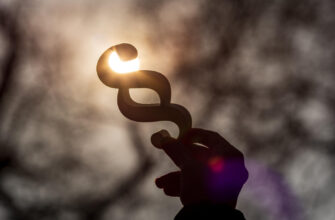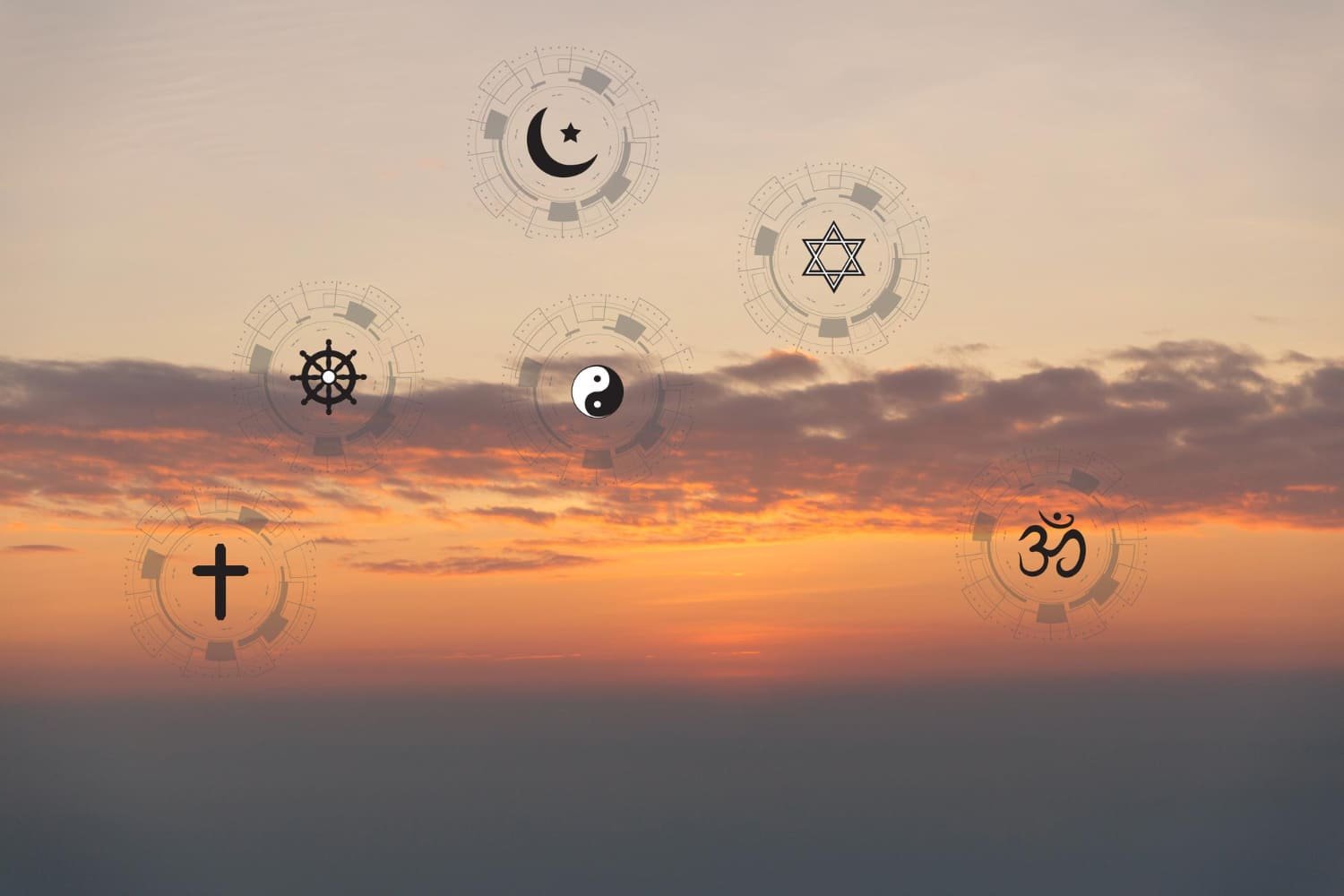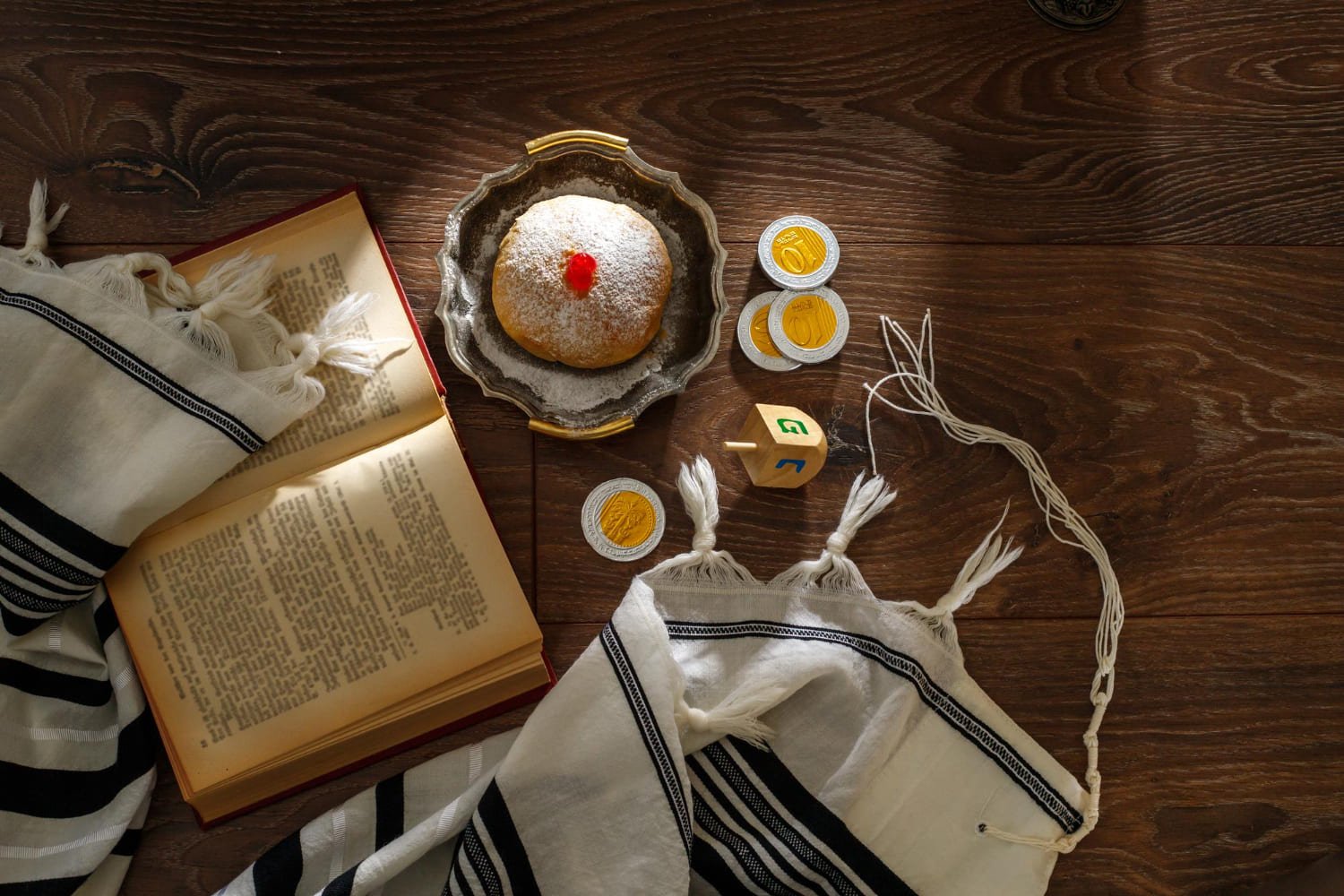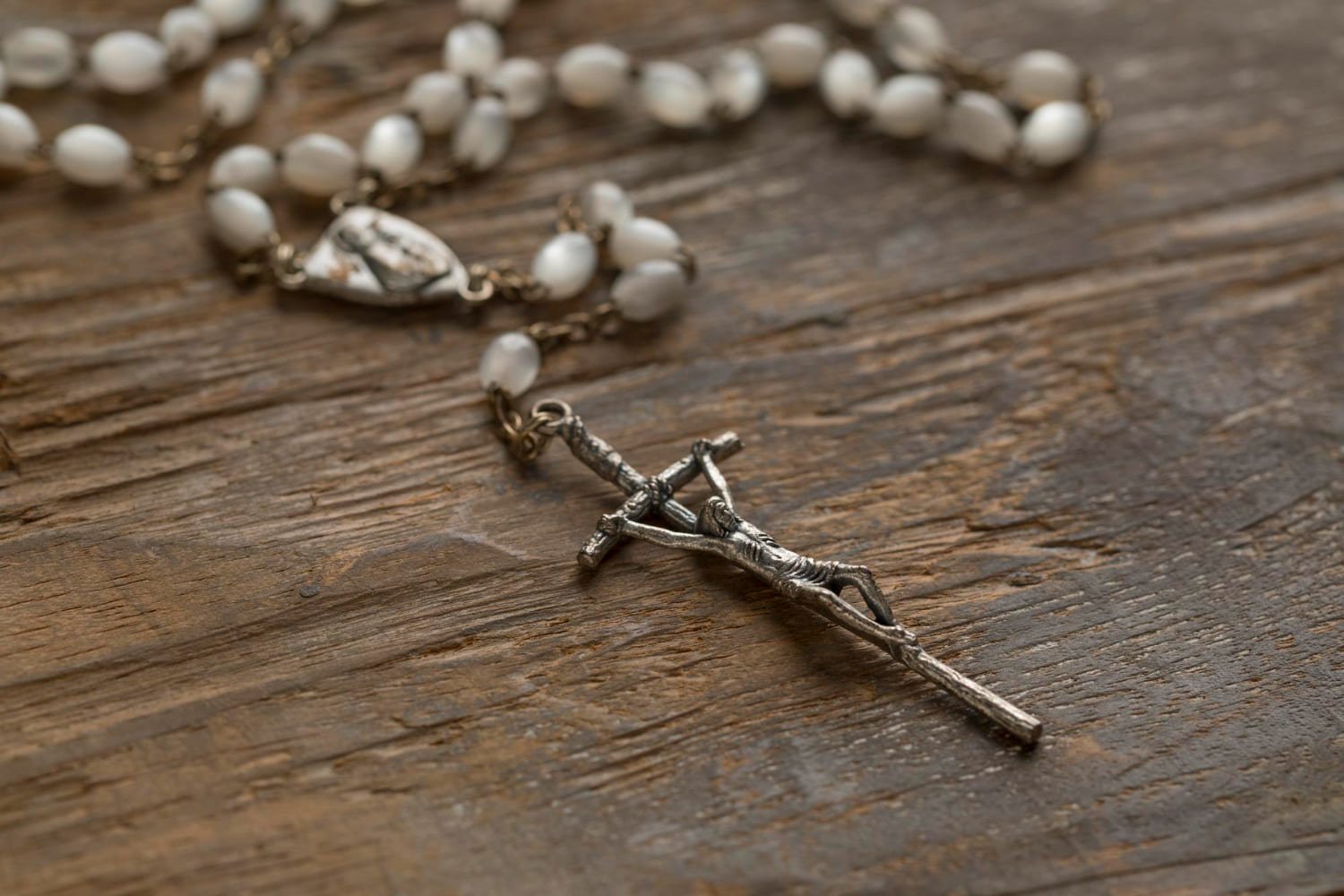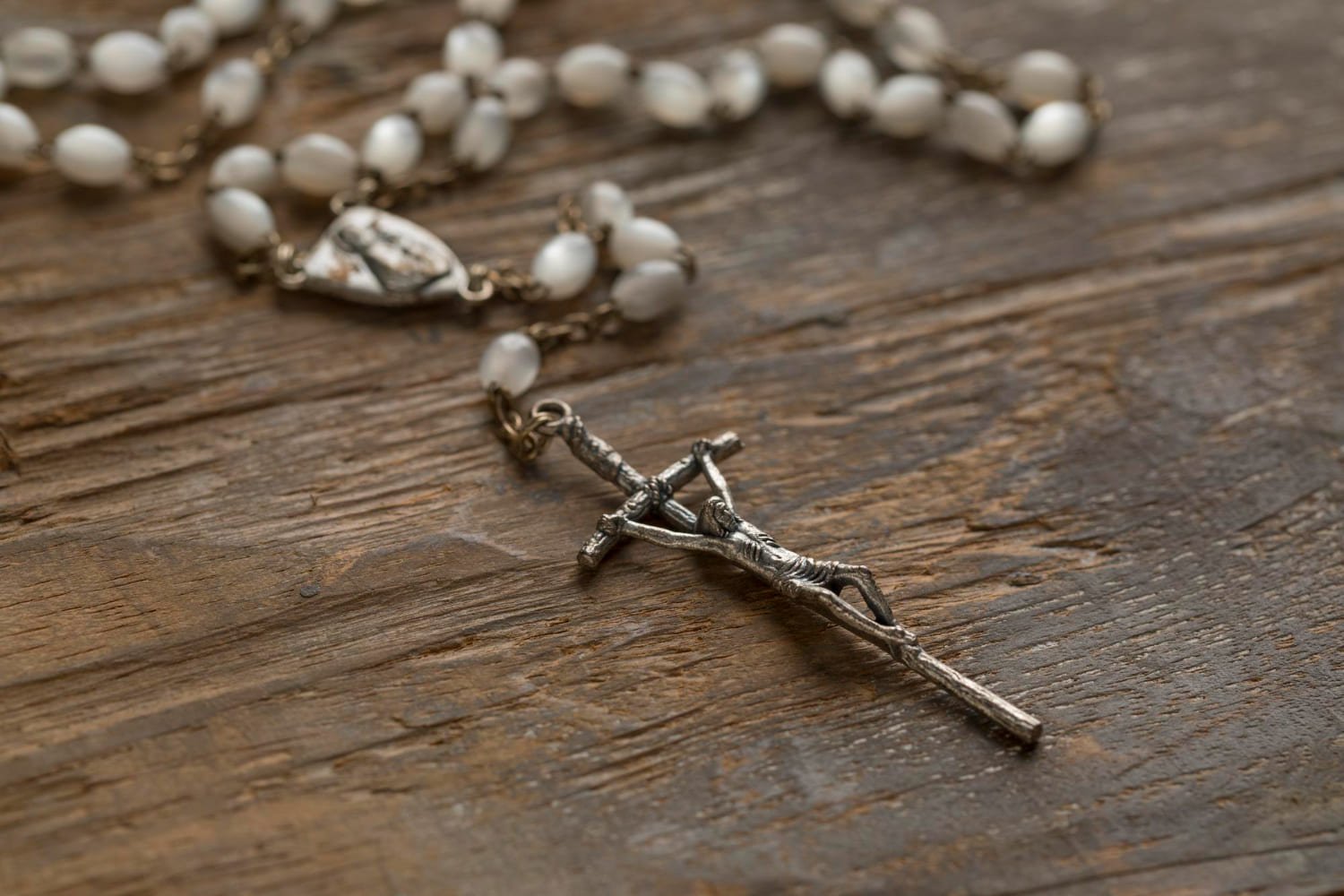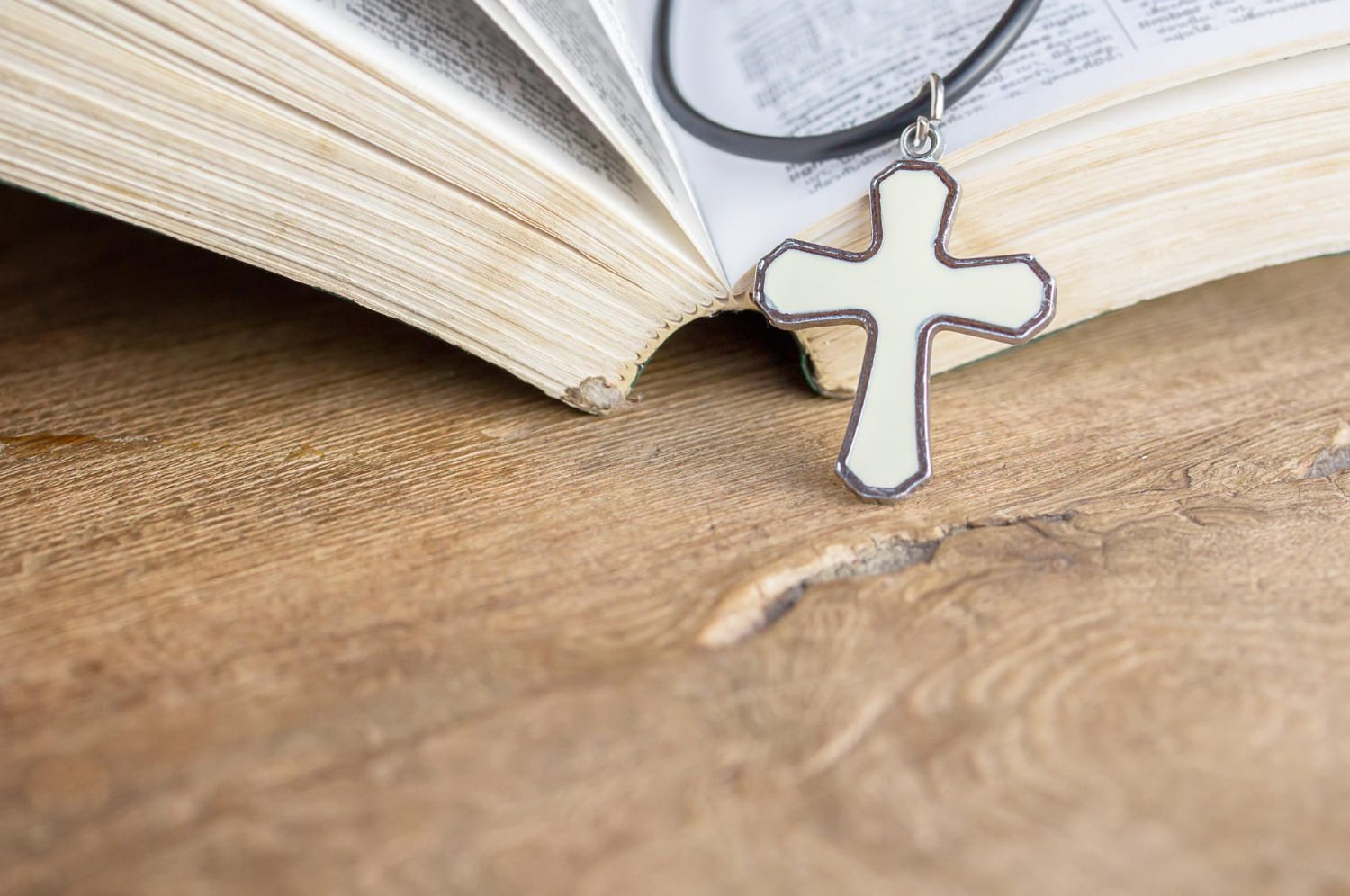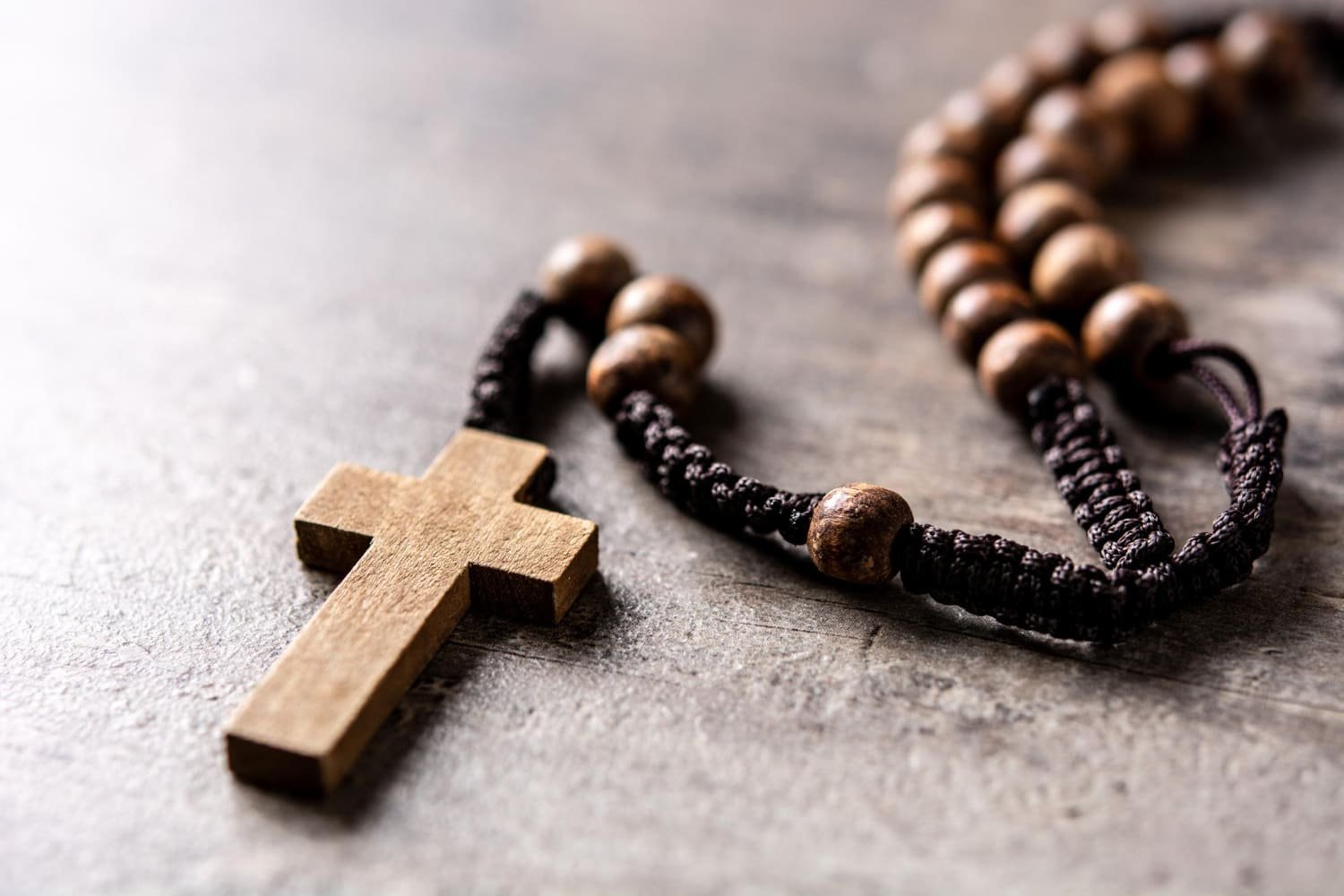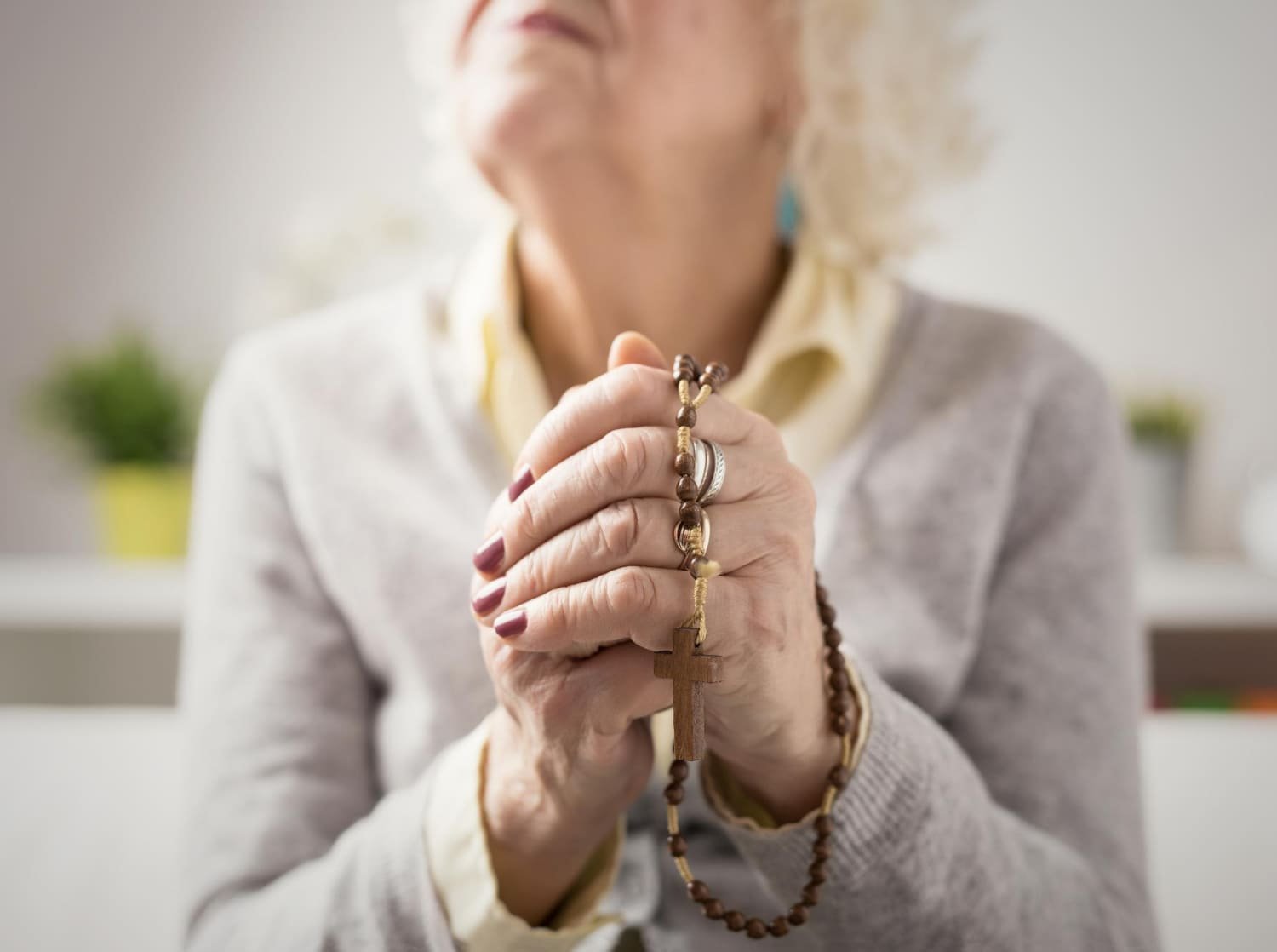Catholicism and Christianity are two of the most widely practiced religions in the world. While they share many similarities, they also have significant differences in their beliefs and practices.
Understanding these differences is important for people who are seeking to deepen their faith or explore different religious traditions.
One of the key differences between Catholicism and Christianity is their approach to religious authority. Catholics believe in the authority of the Pope and the hierarchy of the Church, while many Protestant Christians reject this authority and instead rely on the Bible as their sole source of guidance.
Additionally, Catholics place a strong emphasis on the sacraments, such as baptism and the Eucharist, while many Protestant denominations do not recognize all seven sacraments.
Despite these differences, both Catholicism and Christianity share a belief in the divinity of Jesus Christ and the importance of living a moral and ethical life.
Ultimately, the decision of which religion is “better” is a personal one that depends on individual beliefs and values.
By exploring the similarities and differences between these two faiths, individuals can gain a deeper understanding of their own beliefs and the beliefs of others.
History of Catholicism and Christianity
Catholicism and Christianity have a long and complex history that dates back to the time of Christ. Christianity began as a sect within Judaism in the first century AD, and it spread rapidly throughout the Roman Empire.
The early Christians faced persecution from the Roman authorities, but the religion continued to grow and evolve. Over time, different interpretations of Christian doctrine emerged, leading to the formation of various Christian denominations.
Catholicism, as a distinct branch of Christianity, emerged in the early centuries of the Christian era. The term “Catholic” means “universal,” and it was used to describe the Church that was established by the Apostles.
The Catholic Church traces its origins back to the time of Christ and the Apostles, and it claims to be the one true Church established by Jesus Christ himself.
Over the centuries, the Catholic Church has played a prominent role in shaping Western civilization. It has been a major force in the development of art, music, literature, and philosophy. The Church has also been involved in politics and has played a significant role in many historical events.
Christianity, on the other hand, has evolved into many different denominations and sects, each with its own set of beliefs and practices.
Protestantism, for example, emerged in the 16th century as a reaction to the perceived corruption and abuses of the Catholic Church. The Protestant Reformation led to the formation of many new Christian denominations, including Lutheranism, Calvinism, and Anglicanism.
Beliefs and Practices of Catholicism
Catholicism is a branch of Christianity that is based on the teachings of the Roman Catholic Church. Some of the key beliefs and practices of Catholicism include:
- Belief in the Holy Trinity: Catholics believe in one God in three persons: the Father, the Son, and the Holy Spirit.
- Belief in the Bible and Tradition: Catholics believe in the Bible as the word of God and also in the traditions of the Church.
- Belief in the Sacraments: Catholics believe in the seven sacraments, which are considered to be visible signs of God’s grace.
- Belief in the Eucharist: Catholics believe that during the celebration of the Mass, the bread and wine become the body and blood of Jesus Christ.
- Prayer and Worship: Catholics engage in various forms of prayer and worship, including the Mass, the rosary, and the liturgy of the hours.
- Devotion to Mary and the Saints: Catholics honor Mary, the mother of Jesus, and other saints as intercessors and role models.
- Papal Authority: Catholics recognize the authority of the Pope, who is considered to be the successor of Saint Peter, the first Bishop of Rome.
Catholicism places a strong emphasis on the role of the Church in the life of the believer. The Church is seen as a community of believers who are united in their faith and who support each other in their spiritual journeys.
Catholics also believe in the importance of good works and charity, and many Catholic organizations are involved in social justice and humanitarian efforts around the world.
Overall, Catholicism is a rich and complex faith tradition that has played a significant role in shaping the history and culture of the Western world.
While there are differences between Catholicism and other branches of Christianity, Catholics believe that all Christians share a common faith in Jesus Christ as Lord and Savior.
Beliefs and Practices of Christianity
Christianity is a monotheistic religion based on the life and teachings of Jesus Christ. Its followers, known as Christians, believe in one God who created the universe and sent his son Jesus Christ to save humanity from sin.
Christians believe that Jesus was crucified, died, and was buried, and then rose from the dead on the third day, ascending into heaven.
One of the central beliefs of Christianity is salvation through faith in Jesus Christ. Christians believe that salvation is a free gift from God, and that it cannot be earned through good works or personal merit.
They also believe in the Holy Trinity, which is the belief in one God in three persons: the Father, the Son, and the Holy Spirit.
Christianity has many different denominations, each with its own beliefs and practices. Some of the most common denominations include Catholicism, Protestantism, and Eastern Orthodoxy.
Despite their differences, all Christian denominations share a common belief in the Bible as the word of God and the source of Christian doctrine.
Christianity has several sacraments or holy rituals that are believed to be channels of God’s grace. These include baptism, confirmation, the Eucharist, penance, anointing of the sick, holy orders, and marriage.
Christians also believe in prayer, both personal and communal, as a means of communicating with God and seeking guidance and strength.
Christianity also emphasizes the importance of living a moral and ethical life in accordance with God’s will. Christians believe in the Ten Commandments as a guide for ethical behavior, as well as the teachings of Jesus, which emphasize love, compassion, and forgiveness.
Differences between Catholicism and Christianity
While Catholicism and Christianity share many similarities, there are also significant differences between the two religions. One of the main differences is the role of the Pope in Catholicism.
Catholics believe that the Pope is the spiritual leader of all Catholics and has ultimate authority in matters of faith and morals. In contrast, Protestants do not recognize the Pope as having any special authority over them.
Another difference between Catholicism and Christianity is the use of sacraments. Catholics believe in the seven sacraments, which include baptism, confirmation, Eucharist, penance, anointing of the sick, holy orders, and marriage. In contrast, many Protestant denominations only recognize two sacraments: baptism and communion.
One of the most significant differences between Catholicism and Christianity is the concept of salvation. Catholics believe that salvation is achieved through a combination of faith and good works, while many Protestants believe that salvation is achieved through faith alone.
This difference in belief has led to significant theological and philosophical debates between the two religions.
Finally, another difference between Catholicism and Christianity is the approach to scripture. While both religions consider the Bible to be an essential text, Catholics also rely on the teachings of the Church and the Pope to interpret scripture.
Protestants, on the other hand, believe in the principle of sola scriptura, which means that scripture alone is the ultimate authority in matters of faith and practice.
Similarities between Catholicism and Christianity
Despite their differences, Catholicism and Christianity share many similarities.
Both religions believe in the existence of one God who created the universe and all living things. They also believe in the Holy Trinity – the Father, the Son (Jesus Christ), and the Holy Spirit.
Christians and Catholics both believe that Jesus Christ is the Son of God and that he died on the cross to save humanity from sin. They also believe in the resurrection of Jesus Christ and the promise of eternal life.
Another similarity between Catholicism and Christianity is the importance of prayer and worship. Both religions value the act of praying and attending church services. They also believe in the power of community and the importance of supporting one another in times of need.
Additionally, both Catholicism and Christianity place a strong emphasis on the importance of morality and living a virtuous life. They believe in the Ten Commandments and the teachings of Jesus Christ, which emphasize the importance of loving one’s neighbor, showing compassion, and treating others with respect and kindness.
Overall, while there are significant differences between Catholicism and Christianity, there are also many similarities that unite these two religions in their beliefs and practices.
Which One is Better?
It is not appropriate to say that one is better than the other. Both Catholicism and Christianity have their own unique features and beliefs that attract different people. It is up to the individual to decide which one they feel more comfortable with.
Catholicism has a hierarchical structure, with the Pope at the top, and a rich history of tradition and ritual. Some people find comfort in the structure and the sense of continuity with the past.
On the other hand, Christianity is more diverse and decentralized, with a focus on individual interpretation of the Bible and a personal relationship with God. This can be appealing to those who value independence and autonomy.
Ultimately, the decision of which one is better comes down to personal preference and what resonates with an individual’s beliefs and values. It is important to respect and appreciate the differences between the two and not engage in divisive rhetoric or judgment.
Conclusion
While Catholicism and Christianity share many similarities, there are also significant differences between the two. Both religions believe in the Holy Trinity, the Bible, and the life, death, and resurrection of Jesus Christ.
However, Catholics also believe in the authority of the Pope, the sacraments, and the importance of Mary and the saints.
Some Christians argue that Catholicism is not true Christianity because of these additional beliefs and practices. However, it is important to remember that both religions ultimately share the same goal: to follow and serve God.
It is up to each individual to decide which religion resonates with them more. Some may prefer the structure and tradition of Catholicism, while others may prefer the more flexible and individualistic approach of Christianity.
Ultimately, the decision comes down to personal beliefs and preferences.
Regardless of which religion one chooses, it is important to approach it with an open mind and heart, and to strive to live a life of love, compassion, and service to others.
